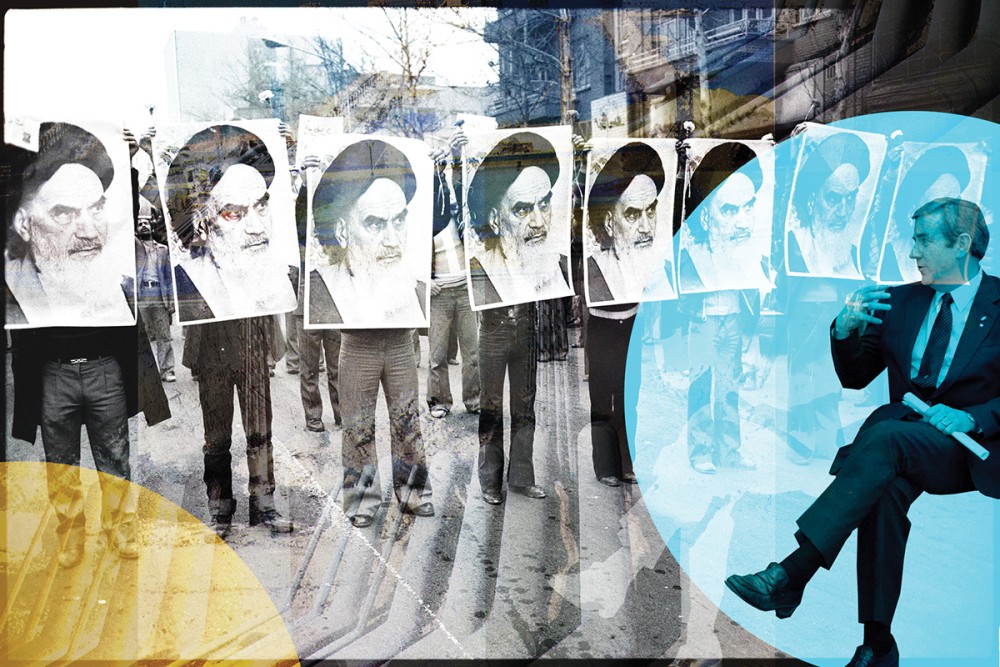The religious fundamentalism that fuels the US-Iran oil standoff
What did the Moral Majority and the Islamic Revolution have in common?

The United States is at a critical moment in its relationship with oil. It is also at a critical moment in its relationship with Iran. As the United States discusses both climate action and its approach to an increasingly hostile Iranian regime, it’s important not to overlook something the two countries have in common: a history of religious fundamentalism intertwined with the economy of oil.
When I talk about fundamentalism, I am referring to religious groups, especially those that have emerged since the 1970s, that define themselves using militant terms or embrace militant strategies (including a strictly policed, patriarchal moral code) in their effort to preserve what they see as an uncritical, high view of their scriptures. However different the United States and Iran are, they share this history: a decade of turmoil in the 1970s, centered around oil, that ended in a resurgence of fundamentalism of this sort.
In 1979 Jerry Falwell founded the Moral Majority. That same year, the Islamic Revolution in Iran helped to sever formal relations between the two countries. Since then, the troubled relationship has continued. The US religious right has consistently pushed to deepen our dependence on oil and other fossil fuels while also urging a harder and harder line on Iran. This culminated in President Donald Trump’s removal of the United States from a negotiated nuclear deal, following a pattern that Falwell established in the 1980s.




